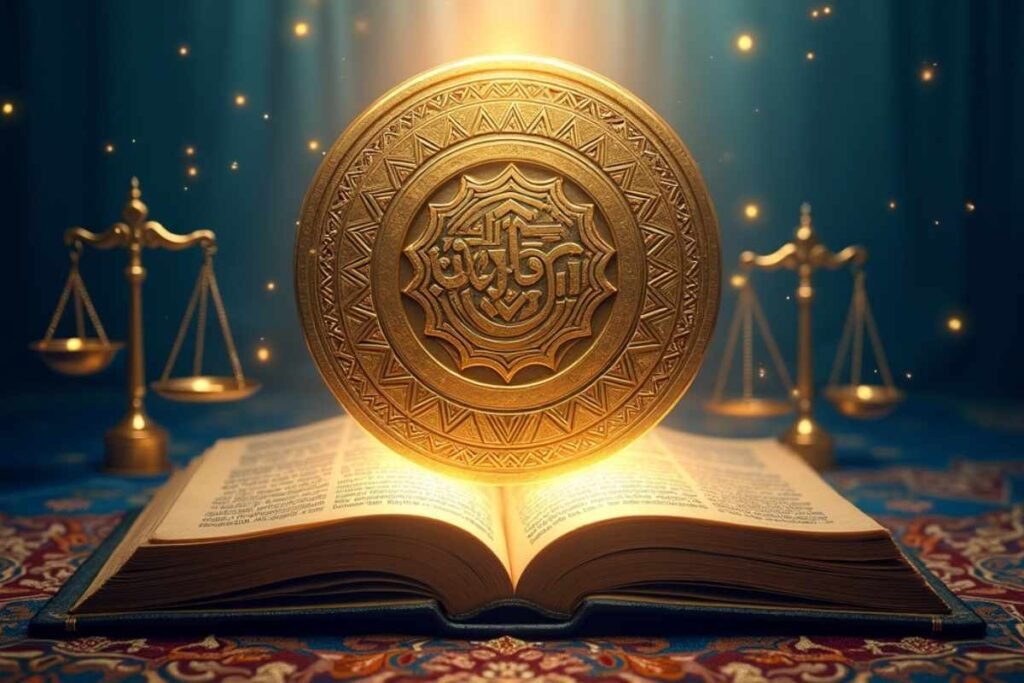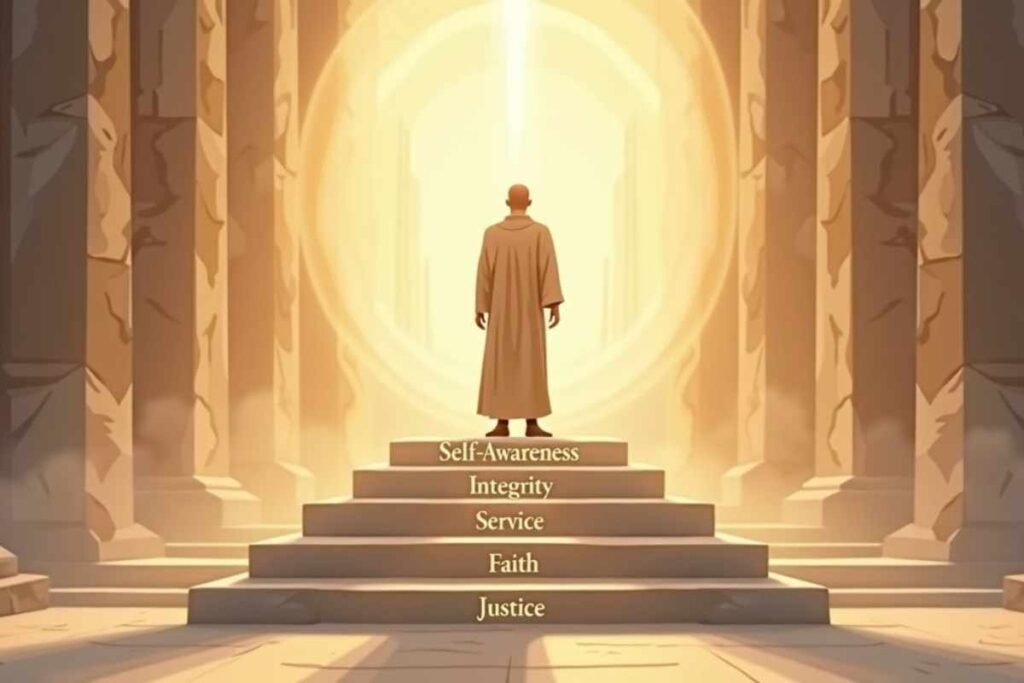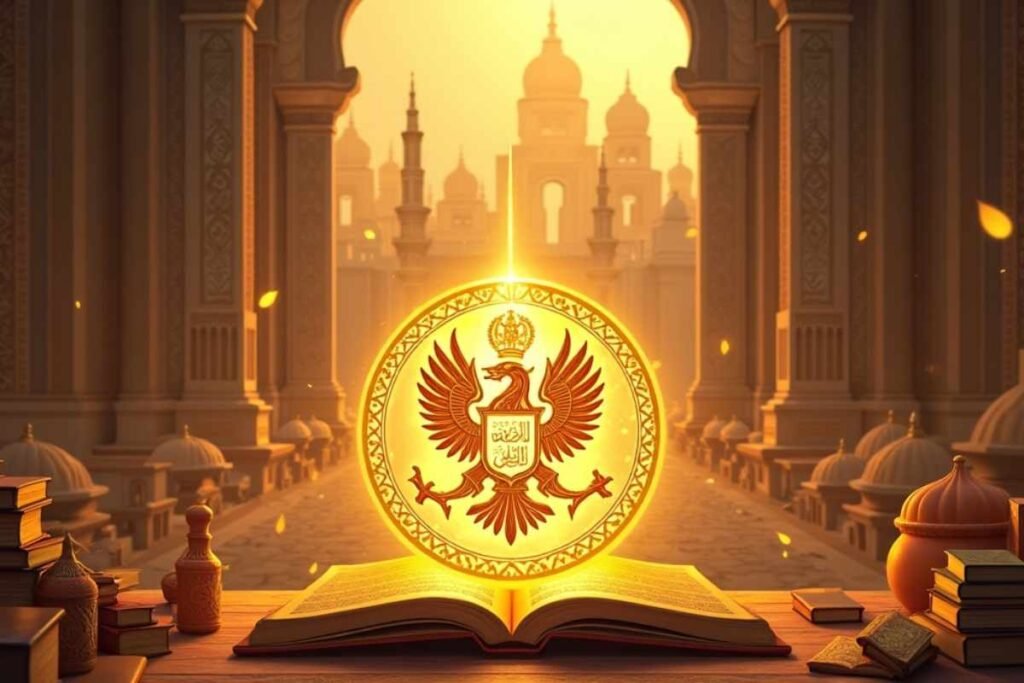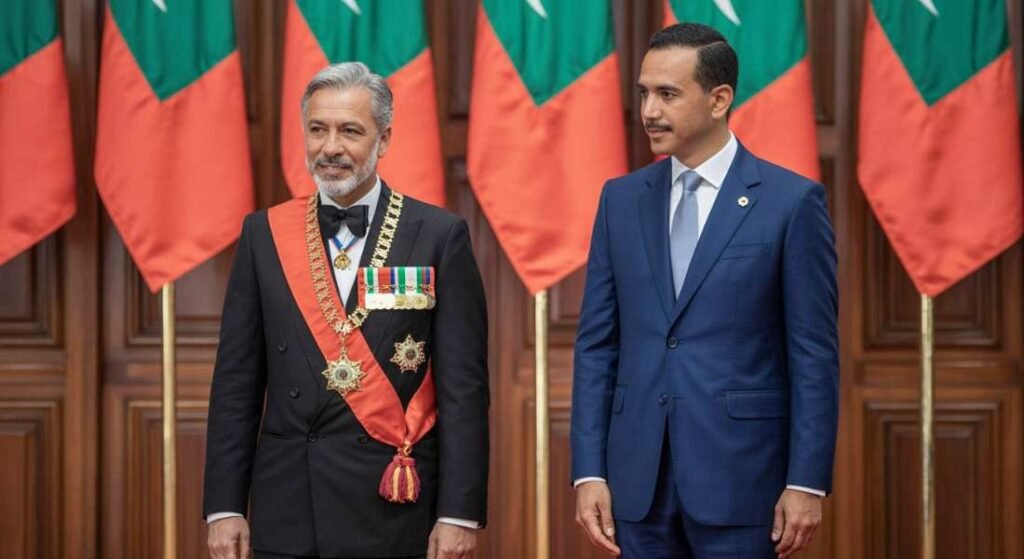The Order of the Distinguished Rule of Izzuddin stands as one of the most respected symbols of honor and distinction in the Islamic and historical leadership traditions. From its noble origins to its philosophical meaning this order represents a structured way of life built on discipline valor and service to humanity. Those who follow the Order of the Distinguished Rule of Izzuddin embody principles of justice wisdom and unwavering integrity.
This order not only highlights individual excellence but also promotes collective responsibility. Rooted in centuries old values it bridges the gap between historical chivalry and modern leadership ethics. Lets explore the origin meaning and enduring influence of this distinguished order.
What is the Order of the Distinguished Rule of Izzuddin?

The Order of the Distinguished Rule of Izzuddin refers to a code of moral and intellectual conduct inspired by noble traditions of governance ethics and scholarship. The word lzzuddin translates to Glory of the Faith in Arabic combining Izz honor or glory with Din faith or religion. Thus the order represents the distinguished rule of faith based honor and ethical governance.
Historically such orders were established to recognize outstanding contributions to faith leadership and humanity. Members of this order were often chosen based on their commitment to justice piety scholarship and service. In the modern sense it symbolizes moral integrity and disciplined leadership inspired by spiritual principles.
Historical Origins and Evolution
The origins of the Order of the Distinguished Rule of Izzuddin can be traced to early Islamic governance where rulers and scholars emphasized a balance between power and moral responsibility. During the medieval Islamic era such titles and orders were often bestowed upon scholars jurists and warriors who demonstrated both intellectual excellence and ethical leadership.
Over time the concept evolved from an exclusive royal honor into a broader philosophical framework. It began to symbolize the principles of just governance strategic wisdom and moral uprightness. Even today the order remains a metaphor for disciplined leadership that honors both tradition and progress.
Philosophical Meaning Behind the Distinguished Rule
Philosophically, the Order of the Distinguished Rule of Izzuddin transcends mere formality. It embodies a spiritual journey toward self discipline justice and enlightenment. It teaches that true leadership is not about domination but about responsibility and service.
The distinguished rule here implies a moral compass a higher law that governs both rulers and followers. It stresses that authority must be guided by ethics faith and knowledge. This harmony between intellect and spirituality is what gives the order its timeless relevance in governance education and personal development.
Core Values and Principles of the Order
At its heart, the Order of the Distinguished Rule of Izzuddin revolves around key virtues that define noble conduct and effective leadership. These include:
Honor and Integrity
Every follower of this order values honesty and upholds truth even in adversity. Honor is the foundation of their actions.
Justice and Fairness
The rule emphasizes that no leadership is legitimate without justice. Fair treatment of people, irrespective of class or status, remains central.
Knowledge and Wisdom
The pursuit of knowledge is a sacred duty. Scholars under this rule are seen as torchbearers of enlightenment.
Courage and Discipline
True courage is not reckless aggression but disciplined strength guided by faith and reason.
Service to Humanity
Members are encouraged to work for the betterment of society using their skills and resources for collective good.
Benefits and Importance of the Order of the Distinguished Rule of Izzuddin
The Order of the Distinguished Rule of Izzuddin carries immense importance, both historically and morally. Its influence extends beyond ceremonial honor to practical applications in leadership education and ethics.
It offers a moral framework for rulers scholars and professionals to lead with empathy fairness and integrity. The order also helps preserve cultural identity by connecting contemporary society to timeless values of honor and faith.
For organizations and governments adopting the principles of this order can lead to ethical decision making accountability and sustainable governance. For individuals it fosters inner peace purpose technorozen-resources/ and moral clarity.
The Structure of the Order: Ranks and Recognition!
Historically the Order of the Distinguished Rule of Izzuddin was divided into several ranks each representing a level of achievement or service. While exact classifications varied a general structure included
The Grand Master Sadr al Izz
The highest authority symbolizing wisdom leadership and ultimate responsibility.
Distinguished Scholars Ahl al Ilm
Those recognized for their scholarly excellence and contributions to moral education.
Guardians of Justice Huffaz al Adl
Individuals tasked with ensuring fairness and legal integrity within society.
Servants of Humanity Khidmat al Insaniyyah
Members who devoted their lives to social service and humanitarian work.
This hierarchy ensured both accountability and balance allowing merit and virtue not lineage or wealth to define distinction.
Step by Step Guide Living by the Distinguished Rule?

Following the Order of the Distinguished Rule of Izzuddin means practicing disciplined living based on ethics and wisdom. Here’s how one can embody these principles in daily life software-development-practices/.
Step 1: Cultivate Self Awareness
Understand your strengths, weaknesses, and purpose. Self knowledge is the foundation of moral growth.
Step 2: Uphold Integrity in All Actions
Be truthful, transparent, and fair in every aspect of personal and professional life.
Step 3: Seek Knowledge Continuously
Pursue learning not just for career advancement but for enlightenment and service.
Step 4: Serve with Humility
Recognize that leadership is service. Use your influence to uplift others.
Step 5: Balance Faith and Reason
Let your spiritual values guide logical decision making for ethical outcomes.
Step 6: Promote Justice in Your Community
Actively stand against injustice and contribute to peace and fairness wherever possible.
By integrating these steps, one lives not just under a title but under a timeless moral order.
Symbolism of Izzuddin in Leadership and Governance
The Order of the Distinguished Rule of Izzuddin symbolizes the ideal fusion of faith honor and leadership. Leaders who adopt this principle see governance as a trust Amanah not a privilege.
This perspective encourages transparency, accountability, and humility. Whether in political, corporate or social spheres Izzuddin inspired governance prioritizes the welfare of people over personal gain. It also reminds leaders that true power lies in moral example rather than authority alone.
Cultural and Global Influence
Throughout history the Order of the Distinguished Rule of Izzuddin influenced various regions especially in Islamic and Asian civilizations. It shaped codes of conduct administrative systems and ethical education.
In modern times this influence extends globally inspiring cross cultural ethics and leadership programs. Universities and think tanks study its principles to promote moral education and international cooperation. Its universal appeal lies in its harmony between spirituality and practicality.
Role of Scholars and Thinkers in Preserving the Order
The continuity of the Order of the Distinguished Rule of Izzuddin owes much to scholars historians and spiritual thinkers. Their writings preserved not only its rituals and history but its essence integrity and moral governance.
These scholars interpreted the rule in light of changing times ensuring that it remained relevant to each generation. Through education literature and philosophy they bridged tradition and progress under the guiding light of Izzuddins principles.
Modern Relevance in Leadership and Society
In todays fast paced and ethically challenged world the Order of the Distinguished Rule of Izzuddin offers timeless wisdom. It reminds us that leadership should be rooted in ethics not expedience.
Modern corporations governments and educational institutions can benefit by integrating its principles emphasizing honesty service and accountability. For individuals it provides a path toward inner peace and moral clarity amidst chaos.
Challenges and Misinterpretations
Despite its noble ideals the Order of the Distinguished Rule of Izzuddin has faced periods of neglect and misinterpretation. Some have reduced it to mere formality ignoring its ethical essence. Others have used its name for self promotion rather than public service.
Reviving its true spirit requires education sincerity and institutional support. Only by reconnecting with its foundational values can societies rediscover its transformative power.
How to Revive and Apply the Order Today?
Reviving the Order of the Distinguished Rule of Izzuddin begins with awareness and action. Educational reforms should integrate moral leadership inspired by this order. Religious and civic leaders can promote interfaith harmony through shared ethical values.
In personal life one can apply its teachings through honesty discipline and service. In governance adopting transparent and just policies reflects its essence. When practiced collectively these principles can shape a just and enlightened society.
Legacy and Enduring Significance

The legacy of the Order of the Distinguished Rule of Izzuddin lies in its power to inspire generations. It unites the wisdom of the past with the challenges of the present offering a roadmap for honorable living.
Its teachings on justice discipline and service transcend boundaries, reminding humanity that true greatness comes from humility and faith. The order continues to shine as a beacon for those who seek purpose driven leadership.
Conclusion
The Order of the Distinguished Rule of Izzuddin remains a profound symbol of moral strength intellectual depth and spiritual enlightenment. Its timeless values offer guidance for individuals leaders and societies seeking justice balance and inner peace.
To live by the distinguished rule is to lead a life anchored in integrity humility and faith a legacy that continues to uplift humanity across generations. The world still needs the wisdom of Izzuddins rule to restore balance between power and morality ambition and compassion.
FAQs
What is the Order of the Distinguished Rule of Izzuddin?
It is a moral and philosophical framework rooted in Islamic and historical traditions representing honor leadership and ethical governance.
What does the name Izzuddin mean?
Izzuddin means Glory of the Faith signifying honor and devotion to spiritual and moral principles.
How can one follow the Distinguished Rule in modern life?
By practicing integrity justice and service in personal and professional life aligning actions with faith based ethics.
Is the Order of the Distinguished Rule of Izzuddin still active today?
While not a formal institution in most regions its values and teachings remain alive in educational ethical and spiritual practices.
Why is the order important in leadership studies?
It offers a timeless model for ethical leadership combining faith wisdom and responsibility.


